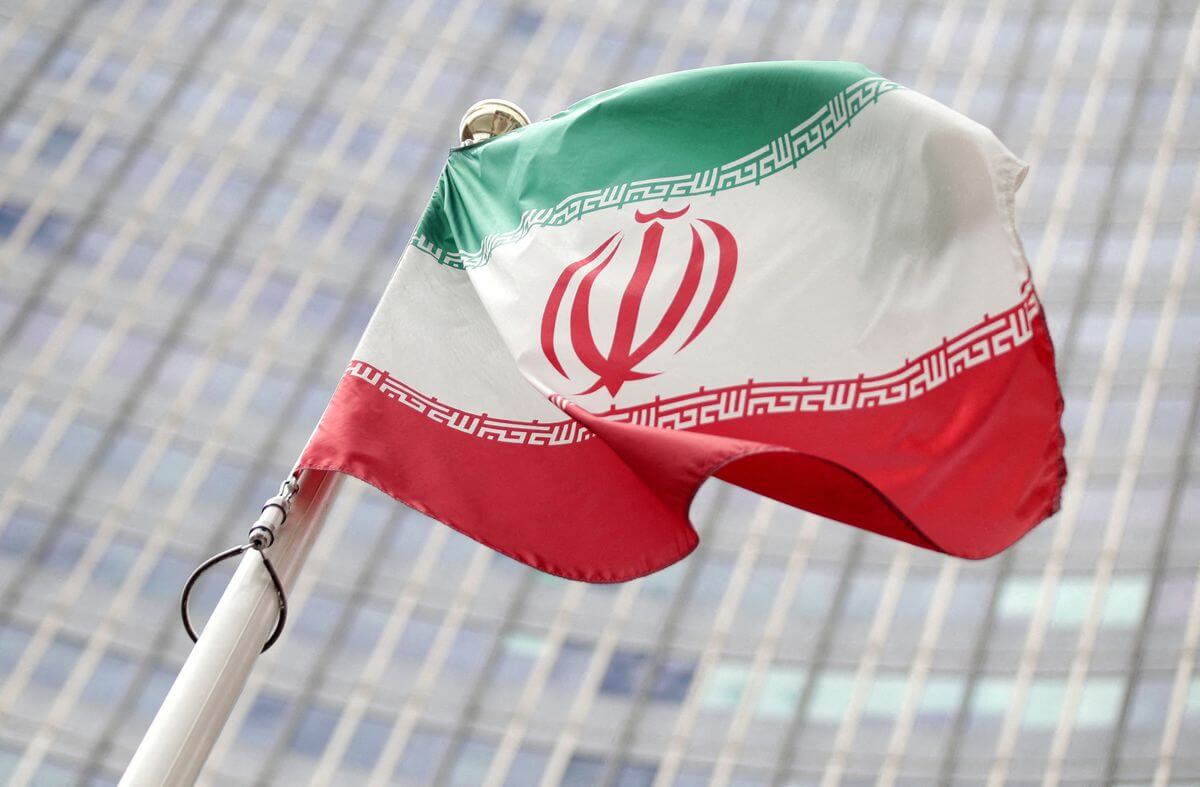The International Atomic Energy Agency (IAEA) said on Thursday that Iran has continued to increase its stockpile of highly enriched uranium amid ongoing talks in Vienna to restore the 2015 nuclear deal, known as the Joint Comprehensive Plan of Action (JCPOA).
In a confidential report to members that was accessed by Reuters, the atomic energy watchdog said that Iran’s total stockpile of enriched uranium has increased by almost 15 times the level set by JCPOA, which is 300 kilogrammes. According to the IAEA, as of February 19, Iran’s estimated stockpile stood at 3197.1 kilogrammes, an increase of 707.4 kg since the previous quarterly report in November.
Furthermore, the report states that Iran has around 33.2 kilogrammes of uranium enriched up to 60% fissile purity, an increase of 15.5 kilogrammes since the last report. A senior IAEA official told Reuters that this is around three quarters of the amount needed to produce one nuclear weapon.
According to the IAEA, a country needs 25 kilogrammes of 90% enriched uranium to manufacture a nuclear bomb and Iran could easily enrich its existing stockpile to the levels needed to produce a weapon.
Last year, the IAEA reported that Iran had begun enriching uranium with highly advanced centrifuges at its Fordow nuclear power plant. The nuclear watchdog said that Tehran has started the process of enriching uranium to 20% purity using a cluster of 166 advanced IR-6 machines at Fordow. It also noted that while Iran has mostly been producing enriched uranium with the much slower IR-1 machines and only enriched a small amount of uranium using IR-6 centrifuges, the move constituted a clear escalation on the part of Iran.
More from the quarterly report: As of 19 February 2022, Iran has 182.1 kg of uranium enriched up to 20% U-235 (+68.3 kg); and 33.2 kg of uranium enriched up to 60% U-235 (+15.5 kg).
— Stephanie Liechtenstein (@StLiechtenstein) March 3, 2022
As per the JCPOA, Iran can only enrich uranium up to 3.67% for the next 15 years.
The report comes as Iran and world powers near the final stages of talks in Vienna aimed at restoring the JCPOA. While the West has said that there has been progress regarding the talks, it has also noted that several issues regarding Iran’s nuclear programme still need to be negotiated.
Russia’s special envoy to the talks, Mikhail Ulyanov, said on Thursday that “relatively small” issues between Iran and world powers need to be addressed before a final agreement can be reached, but added that he does not believe talks will collapse.
In this regard, IAEA Director-General Rafael Grossi is set to visit Iran on Saturday, where he will meet with top Iranian officials to discuss “outstanding safeguard issues” and a speedy revival of the 2015 deal.
Grossi also had a phone conversation with Israeli Prime Minister (PM) Naftali Bennett on Thursday. According to a statement released by Bennett’s office, the PM “emphasised Israel’s positions regarding the nuclear talks” in Vienna. Bennett told Grossi that Israel expects that the IAEA “will act as a professional and impartial supervisory body.”
Israel remains opposed to any nuclear deal with Iran, as it views Tehran’s nuclear programme as an “existential threat,” especially since Iranian leaders have called for the annihilation of Israel. Bennett has accused Iran of advancing its nuclear programme amid the ongoing negotiations in Vienna to restore the deal.

